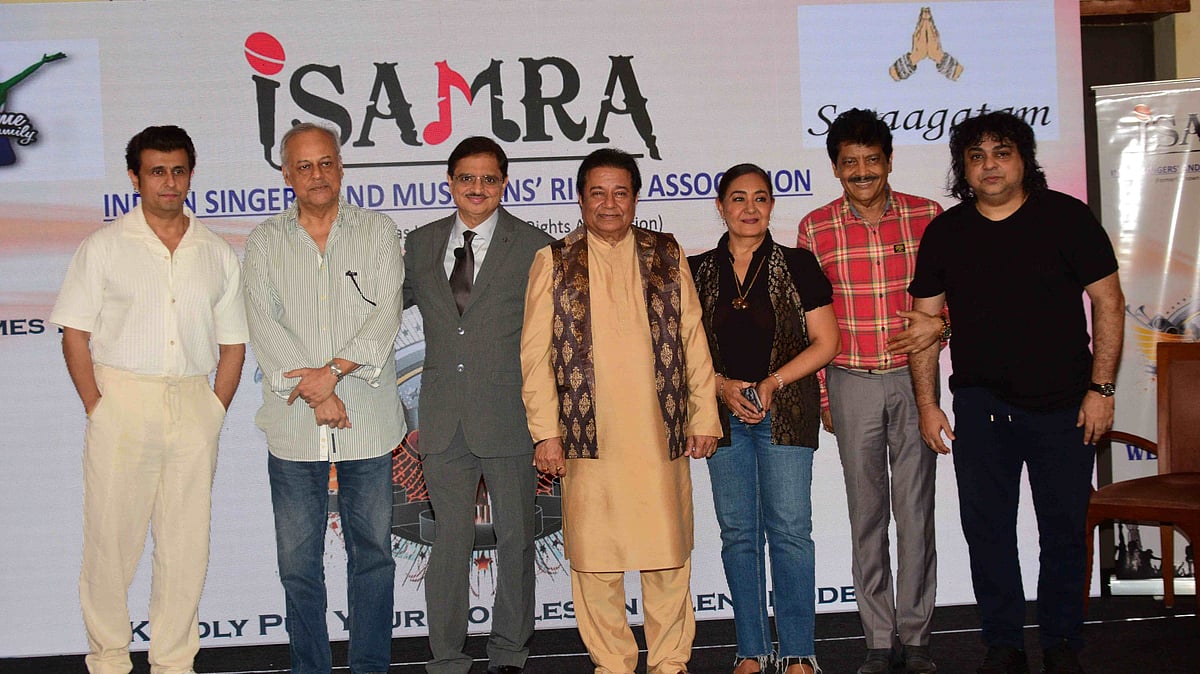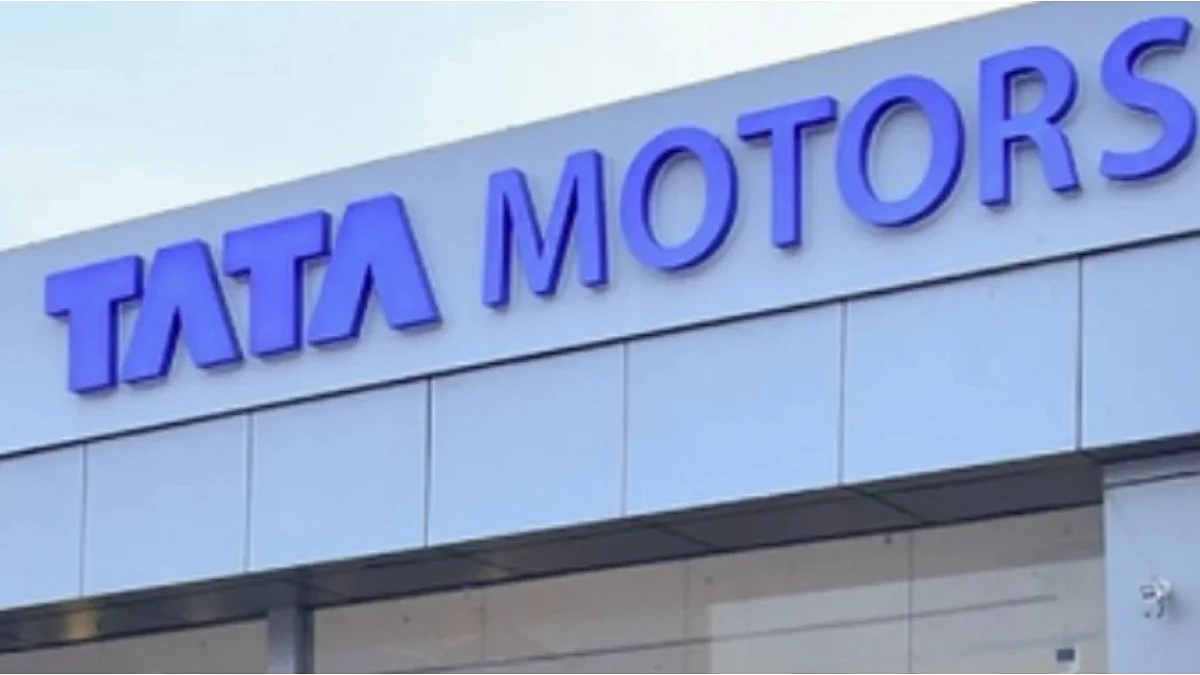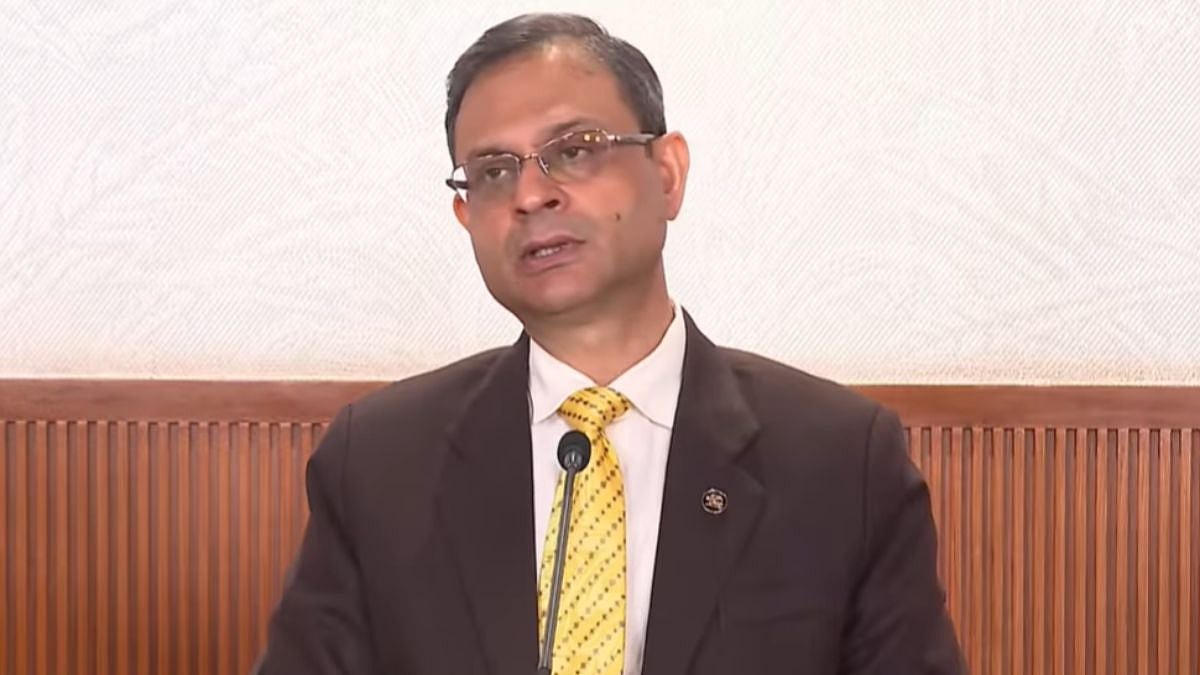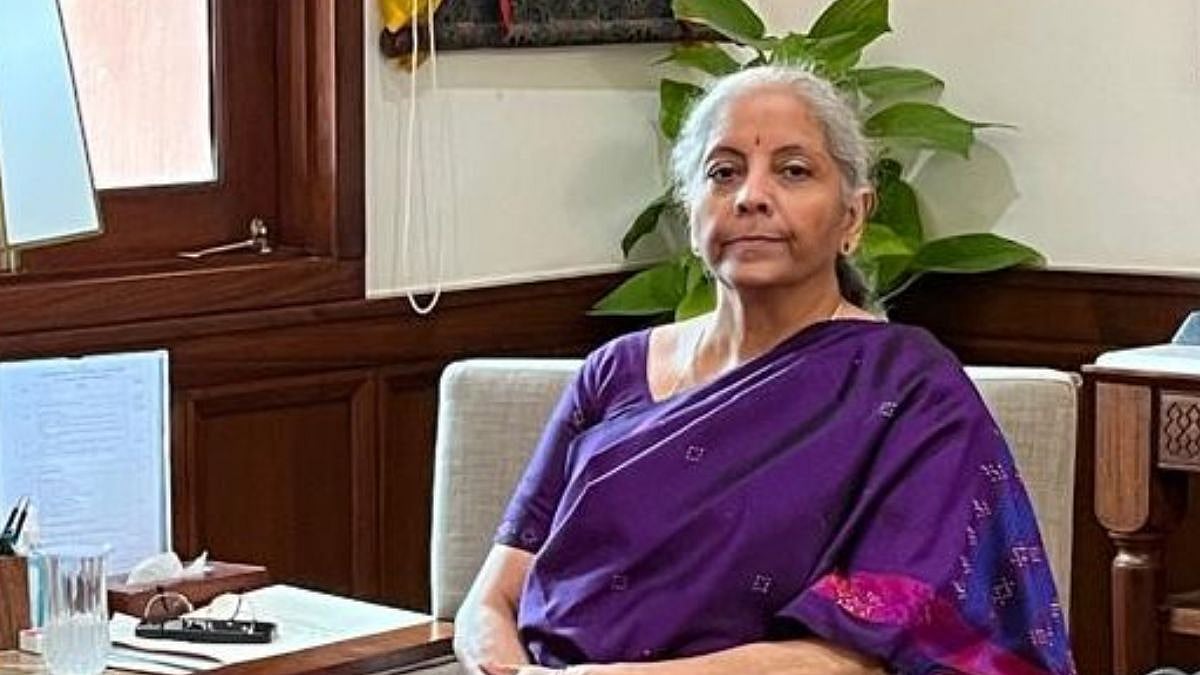India's Tele-Law program, a collaborative effort between the Department of Justice, NALSA (National Legal Services Authority), and CSC (Common Service Centers), is transforming the legal landscape by offering remote legal advice. Focused particularly on rural areas and marginalised communities, the program leverages video conferencing and telephone services to connect citizens with a dedicated panel of lawyers and para-legal volunteers.
Tele-Law's primary goal is to extend legal services to marginalized and remote communities facing limited access to legal resources. The program has achieved a significant milestone, surpassing 50 lakh legal consultations and successfully reaching over 46 lakh unreached citizens.
DISHA Scheme and E-Interface Mechanism
Operating under the DISHA Scheme, Tele-Law reaches citizens through an efficient e-interface mechanism. This innovative approach ensures swift and accessible legal consultations, breaking down barriers for those in need.
Inclusive Legal Services
Tele-Law extends its services to various categories, including women, children, SC/ST communities, trafficking victims, the mentally ill, differently-abled individuals, and others. Eligible citizens can avail themselves of free legal services by providing relevant documents at Common Service Centers (CSC), making justice accessible to all.

Future Plans
The program has already reached more than 3 lakh beneficiaries in 260 districts, making significant strides in bridging the legal divide. Tele-Law aims to touch the lives of one crore beneficiaries before 2026 and plans to expand its reach to all 2.65 lakh Gram Panchayats, ensuring comprehensive coverage across rural India.
Technological Equality: Bridging the Divide
Tele-Law emerges as a catalyst for change, effectively bridging the technological divide and bringing essential legal services to citizens in need. As it continues to evolve and expand its reach, the program stands as a beacon of hope for those who have long been underserved in the realm of legal assistance.


.webp)







